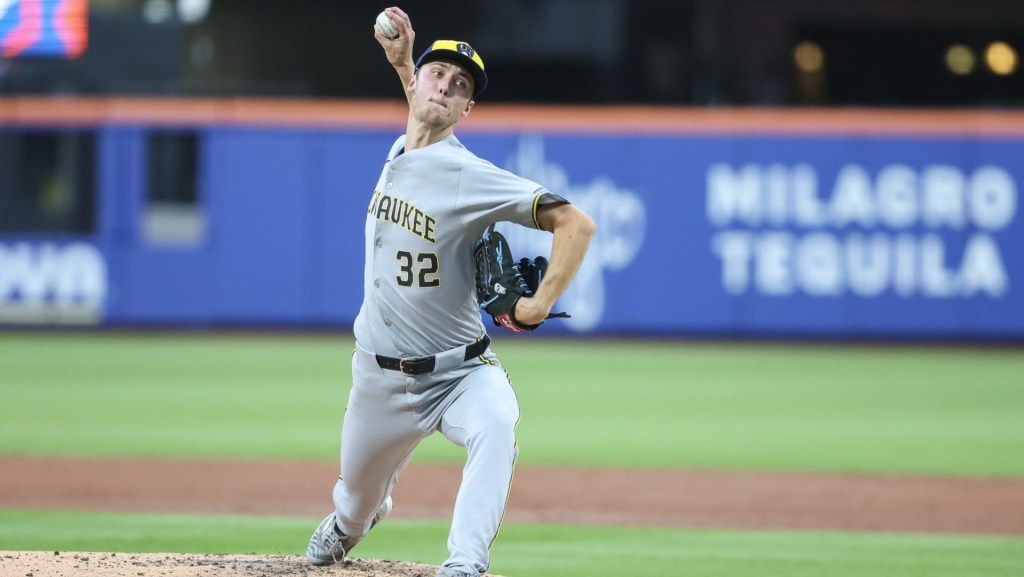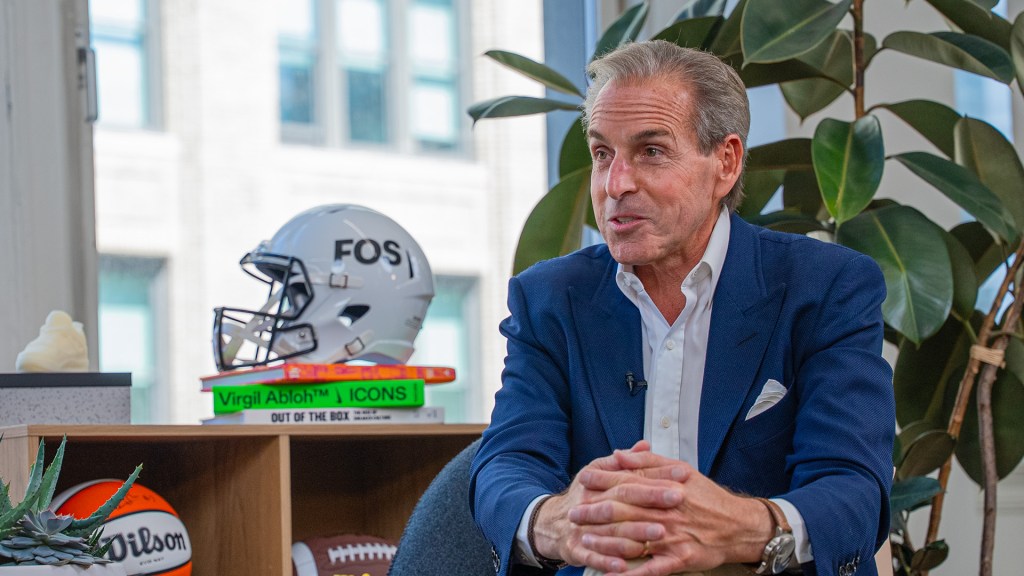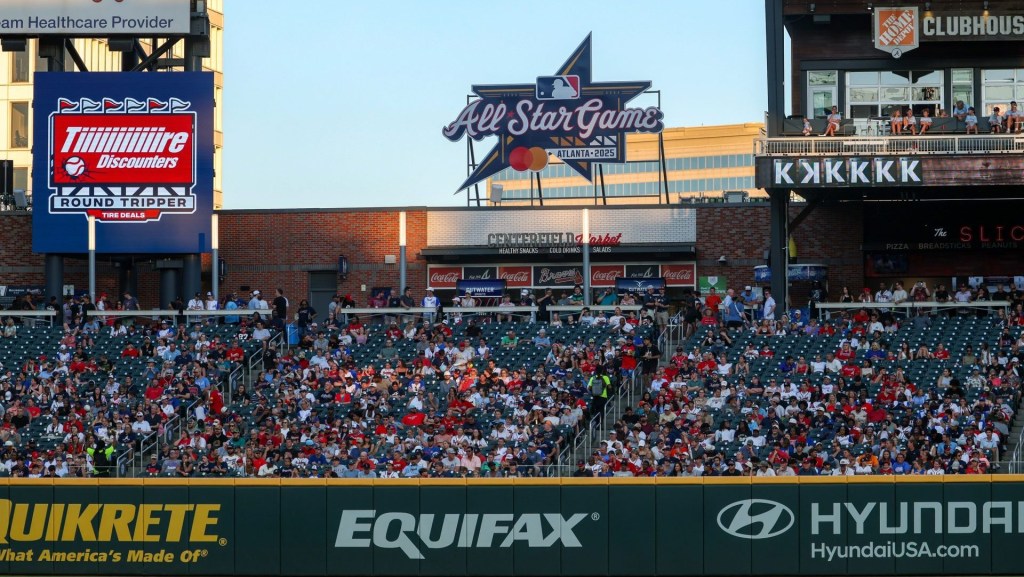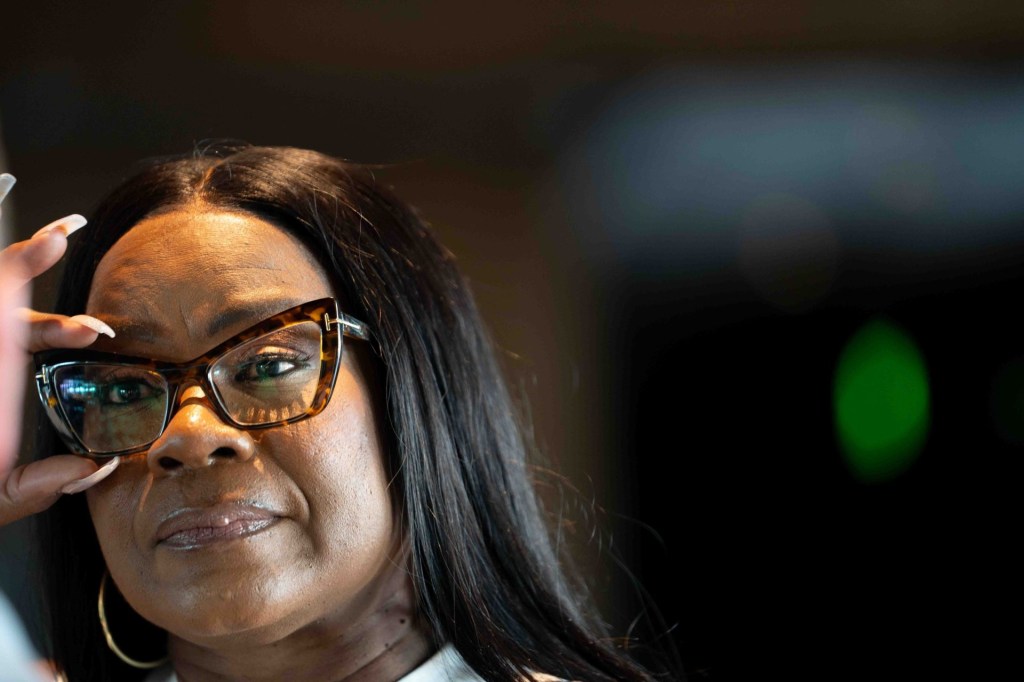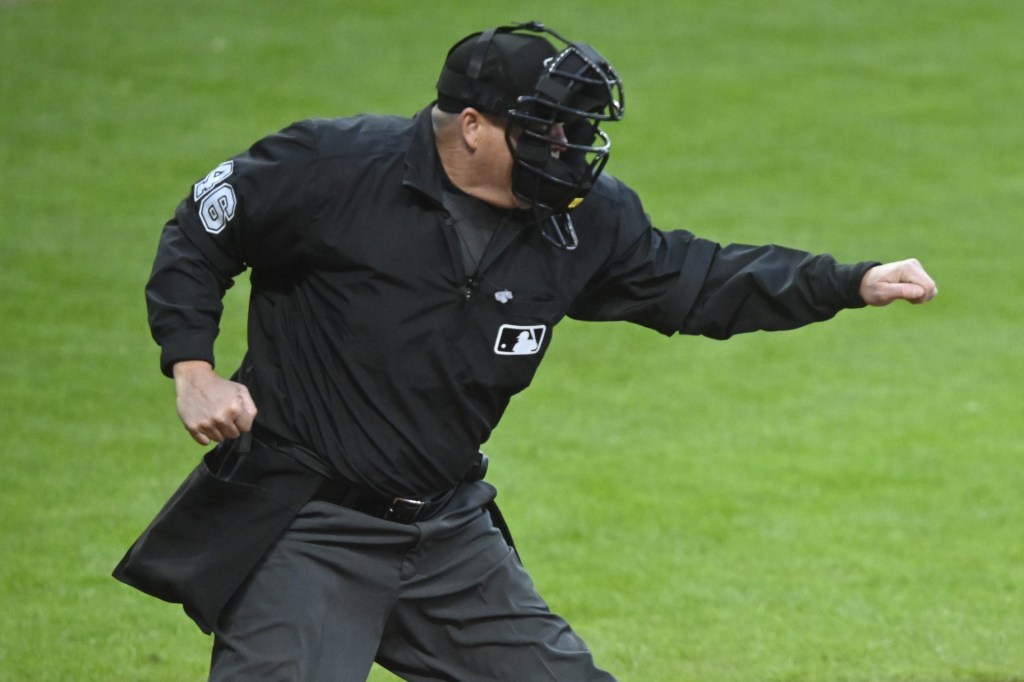
*This is the second part of a two-part series that examines MLB’s “marketing problem” and whether or not the league is to blame. In Part I, we presented the side that the league is at fault.
Major League Baseball, Commissioner Rob Manfred, and Executive Director of the MLB Players Association Tony Clark have come under fire recently for the state of the game, particularly what many believe to be the league’s lackluster marketing of its players.
Stepping back, it’s worth exploring whether some of that criticism might be misdirected. After all, it’s not like Manfred, Clark, and MLB are just sitting out there picking daisies. Manfred has been very hands-on and engaged, actively monitoring the sport and league he’s been tasked with overseeing. As a well-respected authority in all things media, communications, and sports entertainment, Joe Favorito noted, “in reality, MLB under Manfred has been amazingly progressive in the way it has approached finding new audiences and engaging in new activities.”
During a Town Hall-style Q&A conducted at the 2018 All-Star Game, the commissioner emphasized that “we are paying attention to the organic changes going on in the game.”
[mc4wp_form id=”8260″]
Based on his statements, Manfred and MLB are quite cognizant of the need to monitor fan and audience feedback as the sport continues to evolve, and react accordingly for the sport to survive and market itself effectively.
“We need to begin to manage that change. We don’t want to get to a place where the fans are no longer enjoying it, and not engaging the next generation of fans,” Manfred stated.
Many of the initiatives at this year’s All-Star Game in Washington, D.C. were excellent examples of Manfred and the league striving to grow their fanbase and market penetration by giving sports fans more of what seems to be wanted in today’s sports entertainment landscape.
Mike Oz of Yahoo sports called attention to a concerted effort MLB made this year to “work closely with players and the players’ union to relax rules regarding the use of cell phones on the field to encourage them to share their points of view and All-Star experiences.”
The creative approach by Manfred and MLB had an impact on the field, as ESPN’s Jerry Crasnick noted that the game offered “entertaining glimpses of players letting down their hair and doing their best to engage.”
Players such as Manny Machado, Aaron Judge, and Mookie Betts posed for photos and took selfies, while others took to Instagram and Twitter, making the flagship event that much more fun and compelling.
Major League Baseball is clearly aware that it’s this level of personality, self-expression, and engagement that generates passion and interest, commanding the attention of fans today.
“Fans love seeing the personalities of their favorite players come to life, and tonight they were treated to just that,” Barbara McHugh, MLB’s senior vice president of marketing, stated that evening on July 17.
During an appearance on ESPN, the league’s commissioner acknowledged the reality of the situation, pointing out that “it’s really important for our players to demonstrate emotion on the field. I think that in today’s entertainment environment, we have to be competitive, and I think our fans have been pretty clear that they like our players showing a little more emotion.”
If it’s that emotion and excitement that drives viewership, increases league popularity and has proven to be one of the most effective strategies, leading to effective sports marketing — and Manfred and MLB seem to agree — how does baseball continue to go awry? Manfred and the league have been roundly criticized for doing a bad job of promoting the game, yet it seems like they know exactly what to do to correct it, and are actually on board with the solution.
Part of the problem may be “clubhouse culture” itself. As Clark admitted, “much of the emotion has been starched out of the game, for myriad reasons…” including “unwritten rules curbing exultant reaction and excitement in the game.”
That traditional “baseball code” Clark speaks of is a big reason why bat-flipping hitters have to worry about catching a baseball in the ear during their next at-bat, and overly enthusiastic celebrating relief pitchers are castigated when they get hyped up about recording a save.
Interestingly, Clark continued to say that he believes “what has made our game so fantastic has been the passion our players exude on the field; celebrations need to be a part of our game. Being able to celebrate with what you’re wearing, what you’re doing — yeah, it’s gotta be there moving forward. We can’t lose that.”
Yet this strange culture clash persists. Ted Berg, who covers MLB and all-things baseball related for USA Today and For The Win, hit the nail on the head — or fastball on the screws — saying that “baseball culture abhors anyone who puts himself before team, which makes players very wary of self-promotion.”
With the executive director of MLBPA and the commissioner coming out in support of bat-flips, celebrations, and demonstrations of enthusiasm, they do, in fact, want the flare and emotion fans are calling for to be brought back into the game.
Favorito actually praised the league for many of its efforts designed to modernize the marketing and promotion of the game.
“Those who look at the league as the impetus for exposure are only half right; the building of personal brand has to start at home,” he said.
It’s precisely that issue Manfred cited as a big factor inhibiting Major League Baseball from becoming the marketing powerhouse that NBA is lauded as — simply, the reluctance of the sports’ biggest stars to put themselves out there on the stage.
Commissioner Manfred even noted that he’d love to do more to promote key figures in the game, like Trout, yet “it has to start with Trout himself. Player marketing requires one thing, for sure: the player. You can not market a player passively. You can’t market anything passively,” he told the Orange County Register.
Many may have misconstrued this as the commissioner being unfairly critical of one of baseball’s biggest stars, yet that’s not even remotely the case. Manfred was simply explaining the reality of the situation, and illuminating some of what may be behind MLB’s “marketing problem.”
The Angels outfielder has had ample opportunity to showcase himself and build a brand with offers to participate in events like the World Baseball Classic and Home Run Derby, or be profiled on CBS’ “60 Mintutes” and appear on late-night TV. Yet he hasn’t, mentioning that his emphasis is on having a long, productive career on the field.
While Trout’s focus on the actual sport is a laudable attitude, and the star continues to demonstrate admirable humility, that’s not conducive to effective marketing and self-promotion. As Favorito explained, “it takes a village — the athlete, and those who must augment the athlete time, providing key opportunities and building best practices.” He went on to describe the composition of these “villages,” saying “those people involve teams, the MLBPA, agents, marketing, charitable foundation people and others who can help contribute to brand storytelling. It doesn’t happen in an instant, it takes time and effort.”
[mc4wp_form id=”8260″]
Based on the statements and efforts made by Manfred, MLBPA, and the league at the All-Star Game — and the multi-faceted, collaborative situation Favorito mentioned required to effectively build and grow a brand — it appears some of the criticism of MLB’s marketing may be misdirected.
All of these facts raise an interesting question for Major League Baseball, in particular, and all sports properties, in general, going forward: Who’s responsible for marketing the product and growing the brand?
Is it entirely on the league, or is it incumbent on players to make more of an effort to promote themselves and market the sport they play?
Who’s actually dropping the ball here?

